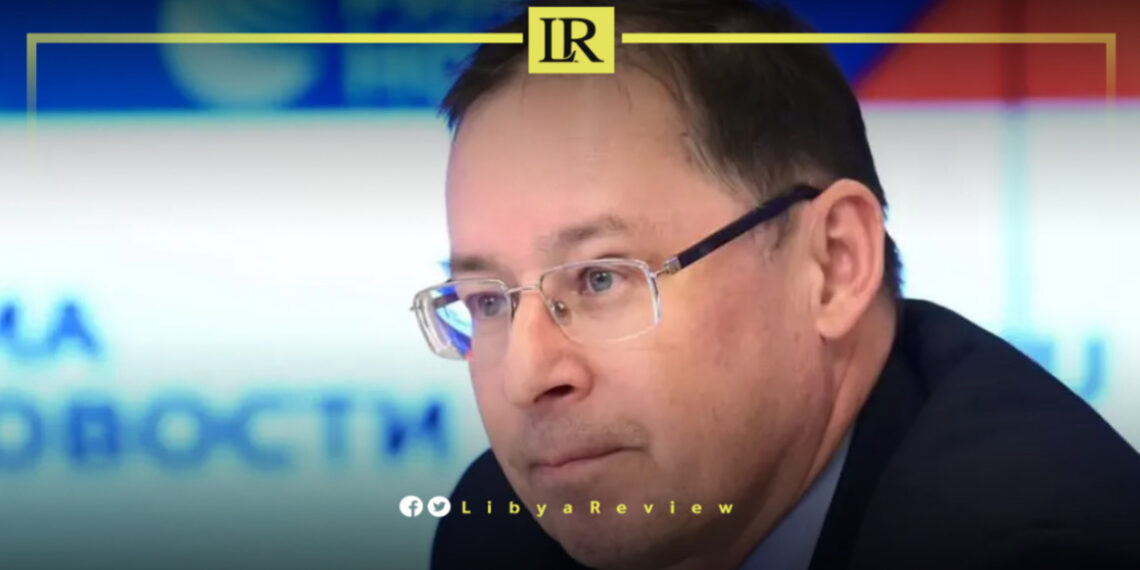On Monday, Russia’s Ambassador to Libya, Aydar Aganin, confirmed that Moscow is working on reopening its consulate in Benghazi, describing the move as a “pressing need”.
This step follows the full reopening of Russia’s embassy in Tripoli in August 2023 and marks a significant expansion of Russian diplomatic operations in Libya.
Aganin stated that many Russian citizens reside in eastern Libya and should have access to consular services without traveling long distances.
He also highlighted the increasing number of Libyans from the east who seek education and medical treatment in Russia. “Thousands of people are waiting for us in Benghazi, and we will be there soon,” he stated.
The move reflects Russia’s growing engagement in Libya, particularly in the east, where Moscow has maintained strong relations with the Libyan National Army (LNA) under Field Marshal Khalifa Haftar. Russia has provided diplomatic, economic, and security support to eastern Libya, viewing it as a key partner in the region.
Alexander Kinshak, Director of the Middle East and North Africa Department at the Russian Foreign Ministry, previously confirmed that discussions with Libyan authorities on reopening the consulate are ongoing. The restoration of consular services in Benghazi is expected to further solidify Russia’s influence in the country.
Since the fall of Muammar Gaddafi in 2011, Libya has been divided between rival administrations. The Tripoli-based Government of National Unity (GNU), led by Abdul Hamid Dbaiba, and the eastern-based government, headed by Prime Minister Osama Hammad.
Russia’s renewed focus on Libya aligns with its broader strategy in North Africa, where it seeks to expand its influence amid declining Western engagement. With Libya’s vast energy resources and strategic location in the Mediterranean, Moscow’s efforts to strengthen ties with the country signal a deeper geopolitical investment.


